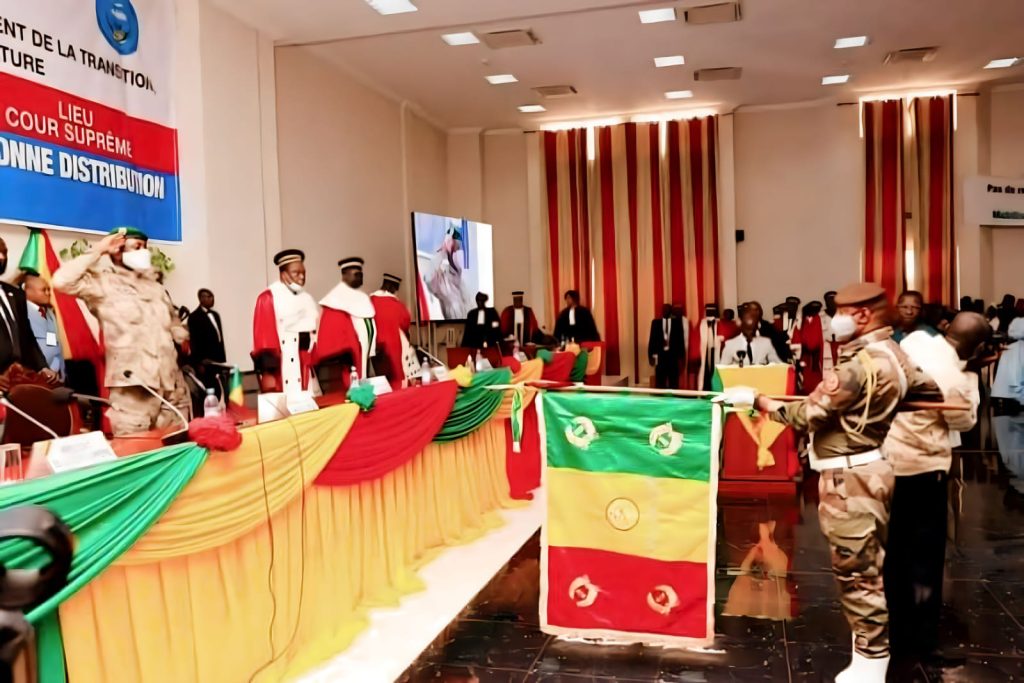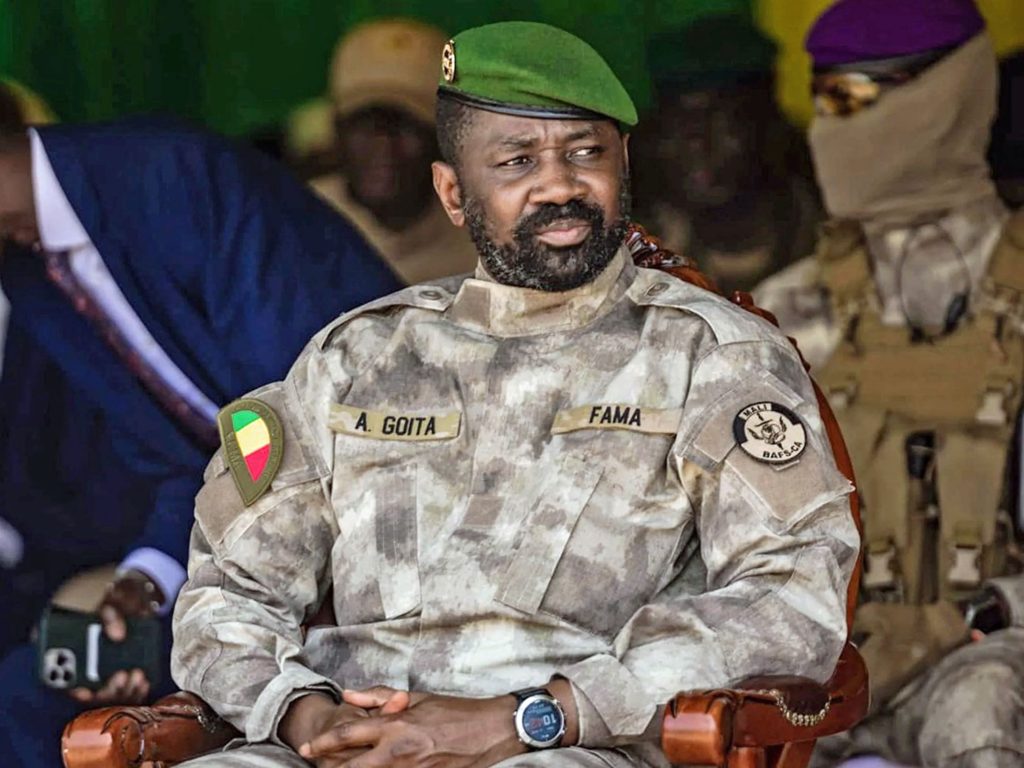Mali: ‘LGBT+ people are just asking for security’
Moïse Manoël-Florisse, is an African-Caribbean online journalist keeping an eye…
Military junta sees anti-gay posturing as an easy way to drum up public support.
In a country plagued by violent secessionist conflict for the past 12 years, the military junta that came to power in May 2021 plans to criminalize homosexuality soon, although the specifics of the proposed law remain unclear.
For Erasing 76 Crimes, Moriba (pseudonym), a close observer of human rights in Bamako, Mali’s capital, explains the political reasons behind this plan.

A desperate regime
Erasing 76 Crimes: What is it about the Malian junta that makes it want to criminalize homosexuality?
Moriba: On the one hand, there’s a desire to modernize the state and its penal code to put an end to rubbish from the past such as hereditary slavery and, on the other, there’s a desire to create a popular craze at little cost, on a subject on which there is broad cultural consensus, namely the rejection of homosexuality.

In reality, the junta led by Assimi Goïta, is facing a certain amount of opposition from members of the opposition who want to see a return to institutional order, while the regime has alienated both Algeria and the countries of the Economic Community of West African States for security and political reasons, against the backdrop of its falling out with the former colonial power, France.
In this context, the criminalization of homosexuality is a diversion, despite the fact that the constitution of the Fourth Republic of Mali, which came into force in July 2023, already stipulates that marriage is the union of a man and a woman in Article 9 of Chapter 1 on rights and freedoms.
In addition, since 2011, inspired by Imam Mahmoud Dicko, Article 522 of the Family Code has prevented the adoption of any child by a homosexual. We therefore have a legal environment that is already very hostile to LGBT+ people, and the bill to criminalize homosexuality, due to be promulgated soon, comes as one-upmanship on the part of a regime that is relatively isolated diplomatically.
A desire for freedom
Erasing 76 Crimes: What do LGBT+ people in Mali want today?
Moriba: “n Mali we’re not calling for same-sex marriage. We just want to live in peace and security. However, there are members of the LGBT+ community who are sometimes stalked on dating apps, where there are soldiers who connect to them to monitor or gather potentially compromising information.
Arrests under the pretext of indecent exposure are not uncommon.
Without these apps, how can you meet people when you live in a conservative country like Mali? That’s why we’re urging members of the community to be extra-vigilant.
Over the past 2 years, we’ve seen a hardening of society on these issues, while Mali has so many other priorities to deal with, particularly in terms of recovering its territorial integrity.




